Manchester Arena Inquiry: First medic on scene 'unprepared' for bomb aftermath
- Published
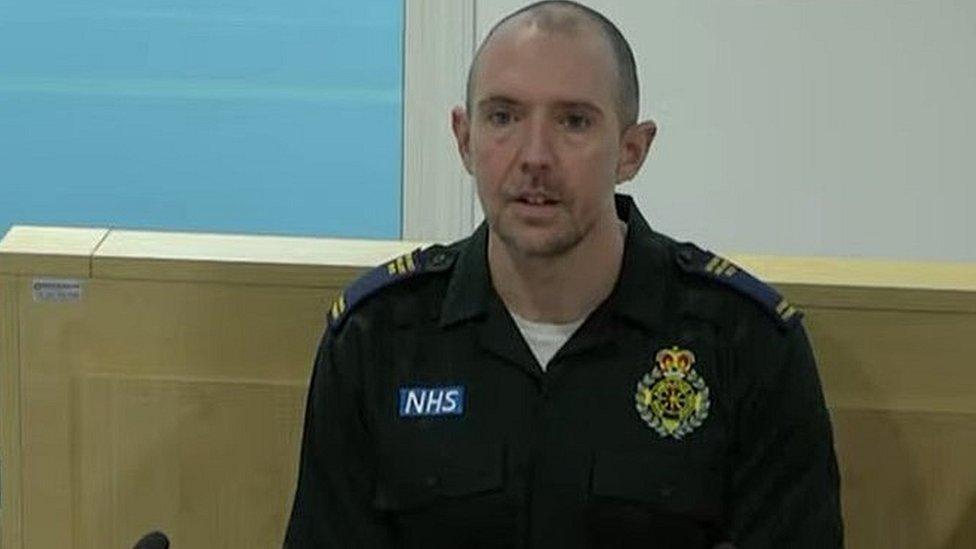
Patrick Ennis told the inquiry it was "not appropriate" for him to treat casualties immediately
The only paramedic on scene in the first 40 minutes after the Manchester Arena bombing has told an inquiry he was not prepared for such a "large-scale and awful incident".
Patrick Ennis arrived at the arena ten minutes after the blast, which killed 22 people and injured hundreds more.
He told the Manchester Arena Inquiry that "until I saw it... I hadn't realised just the scale".
Had he followed procedure, he would not have gone into the City Room, he said.
The inquiry heard the North West Ambulance Service paramedic had reported a "major incident standby" after being told by members of the public that a nail bomb had gone off, and had asked for four ambulances.
He said this would have triggered the same response as that of a major incident and all available ambulances would have been deployed to the arena.
The hearing was told that if he had followed the actions set out for responders, Mr Ennis would have stayed in the best place to take command of the scene and liaised with police.
However, it was said that he went into the City Room foyer in order to gain situational awareness of what had happened, before confirming a major incident to his control room and reporting at least 40 casualties.

Twenty-two people died in the attack on 22 May 2017
He told the inquiry it was "not appropriate" for him to treat casualties immediately, because "to be distracted by individual patient care... would have been to the detriment of the overall management of the greater number of casualties [and] also the overall management of the major incident".
Mr Ennis was asked about an interview he did with BBC Panorama after the attack, in which he said he had felt "unprepared" for the scale of the incident.
"Until I saw it for myself, saw the City Room, I hadn't realised just the scale of the incident," he said.
"Nothing anyone had said to me before that had really prepared me for what a large-scale and awful incident it was."
The inquiry's chairman Sir John Saunders asked him why, if he knew there had been a bomb, "you didn't immediately think it was a major incident?"
"Whilst I'd considered there could be a large number of more injured people, until I saw it, I hadn't been able to visualise it," he replied.
"One of the things that became apparent - it was more the age of those that were injured that I hadn't prepared myself for."
The inquiry continues.

Why not follow BBC North West on Facebook, external, Twitter, external and Instagram, external? You can also send story ideas to northwest.newsonline@bbc.co.uk
- Published16 March 2021

- Published11 March 2021
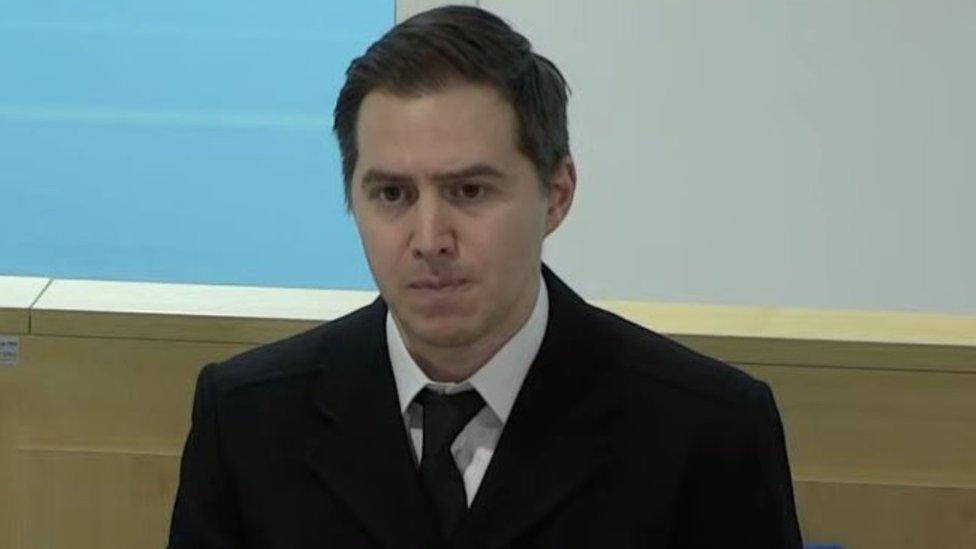
- Published10 March 2021
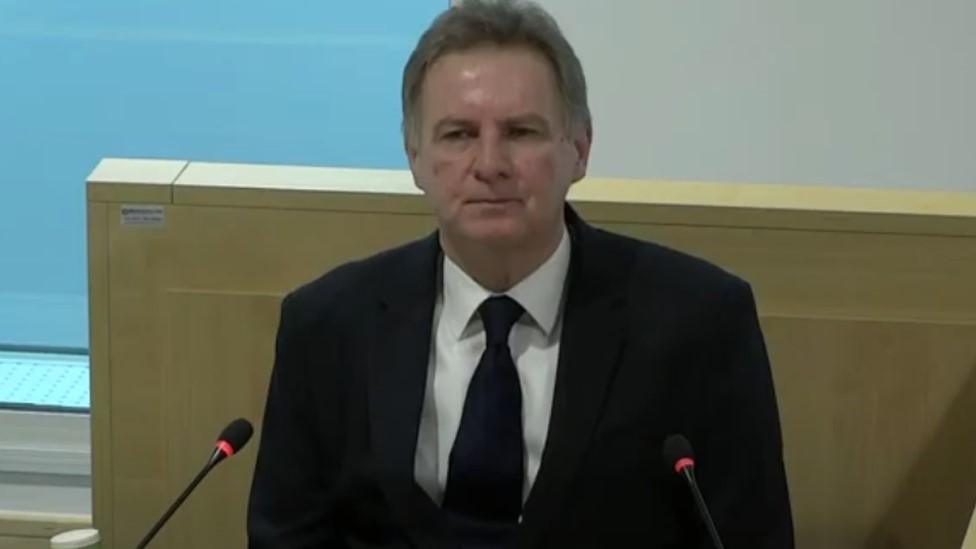
- Published9 March 2021
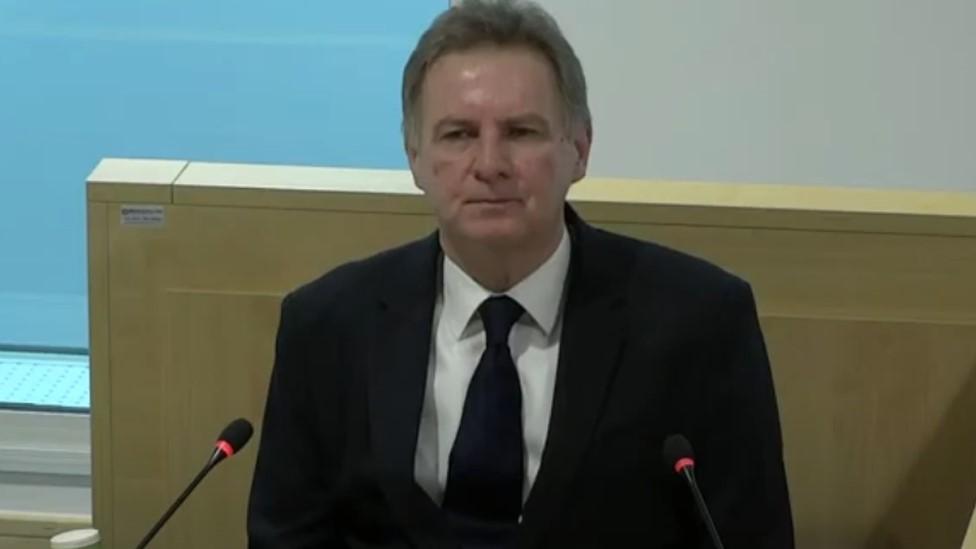
- Published8 March 2021
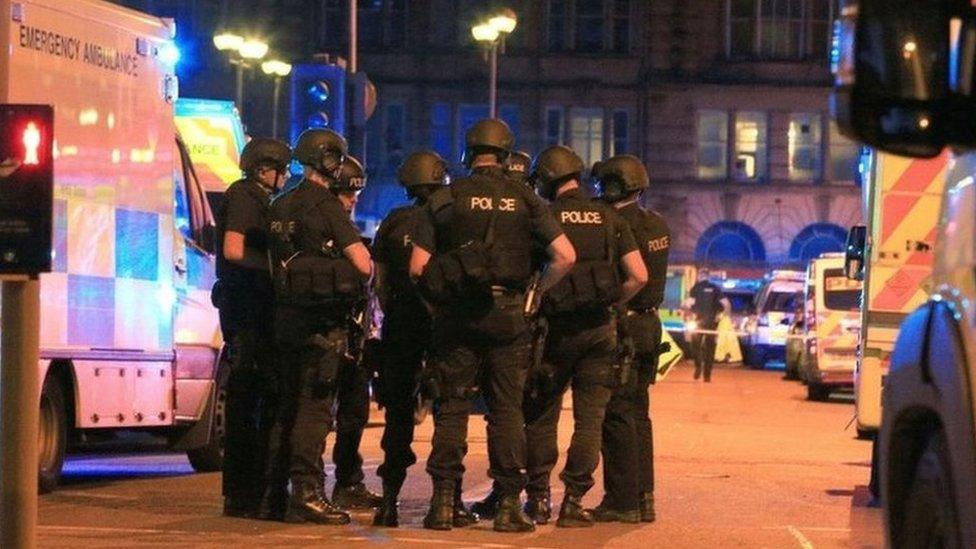
- Published3 March 2021
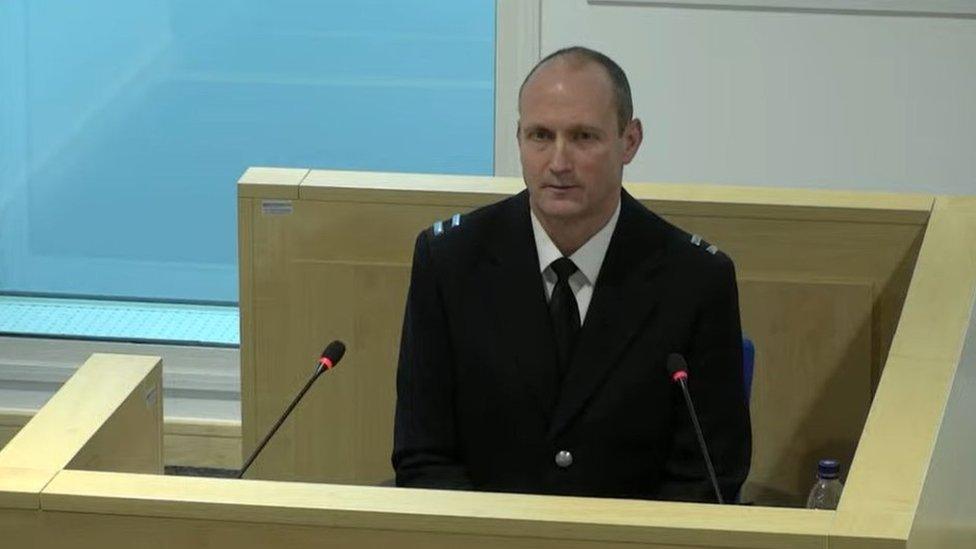
- Published2 March 2021
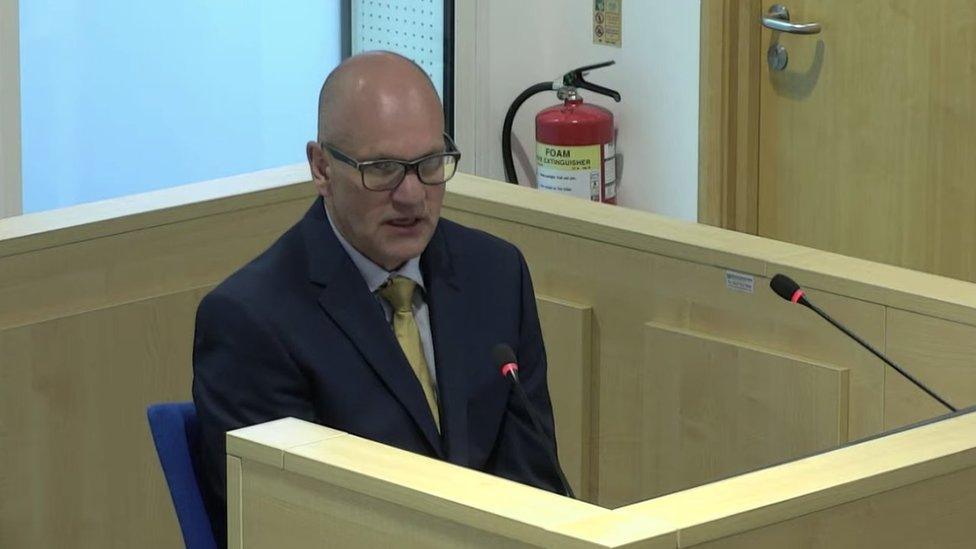
- Published17 March 2020
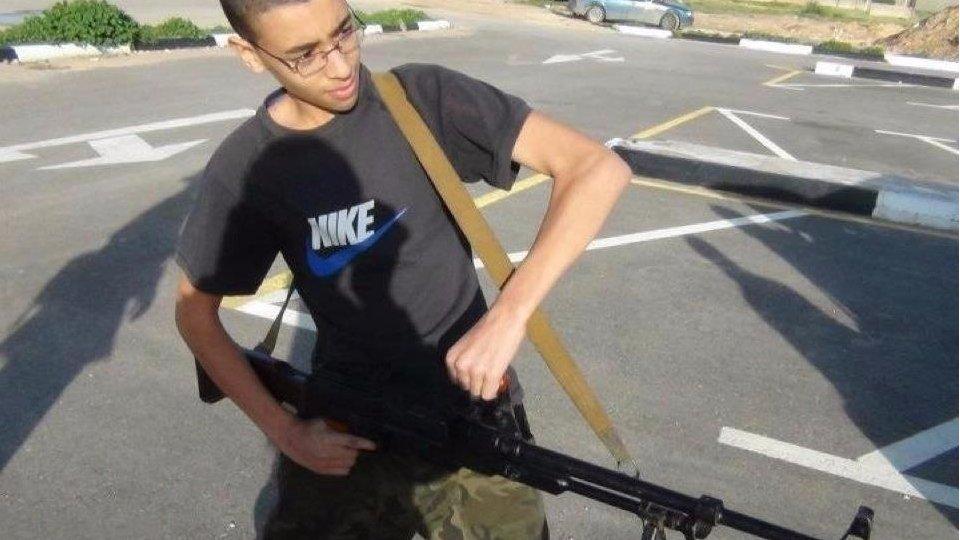
- Published3 November 2022
